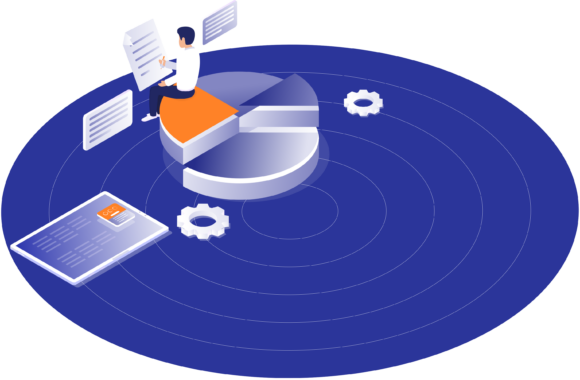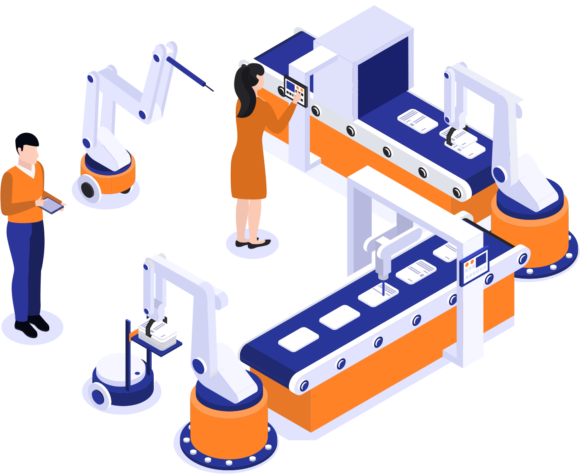Transactions, technologies and trends
Category: Process automation
Process automation in accounting and finance
Process automation, also known as robotic process automation (RPA), refers to the use of technology to execute repetitive tasks and workflows with minimal manual intervention. By streamlining routine processes, businesses can achieve enhanced efficiency, reduce errors, and focus human resources on strategic, value-driven activities. In accounting and finance, process automation has become a transformative force, enabling organizations to modernize operations and drive efficiency.
In financial operations, automating processes optimizes a variety of essential functions:
- Invoice processing: Automation systems can extract and validate data from invoices, reducing manual data entry and accelerating payment workflows.
- Expense management: Employee expense reporting and reimbursements are automated to ensure compliance with company policies and to streamline processing.
- Reconciliation: Automated reconciliation tools quickly match transactions and flag discrepancies for review, improving accuracy and efficiency.
- Financial reporting: Automation generates standardized financial reports, reducing manual effort and ensuring timely delivery of critical insights.
- Payroll management: Automated payroll systems calculate salaries, deductions, and taxes with precision, ensuring compliance and timely payments.
- Data management: Data entry and document organization are automated, minimizing errors and improving accessibility.
- Audit and compliance: Automation tools monitor transactions and records for adherence to regulations, reducing the risk of compliance breaches.
- Cash flow management: Automated tools analyze financial data to forecast cash flows and inform investment decisions.
- Workflow approvals: Approval workflows are streamlined to follow predefined rules, reducing delays and enhancing accountability.
- Document handling: Automation simplifies document storage, retrieval, and organization, ensuring information security and accessibility.
- Notifications: Automated notifications and reminders ensure that critical financial deadlines and tasks are met.
In accounting and finance, process automation is powered by technologies such as artificial intelligence, machine learning, and workflow management systems. These tools integrate seamlessly with existing enterprise resource planning (ERP) and financial systems, extending their capabilities while simplifying operational workflows.
Read more about financial process automation.

Although e-invoicing via networks like Peppol is growing, businesses worldwide still rely on PDF invoices. Here’s why structured data matters.

Management teams are always looking for ways to improve cash flow and delivery times and optimize production lines. Once you achieve faster and more …

Corporate resilience is all about ensuring it’s business as usual when the unexpected happens — or in a state of emergency. In many ways, …

Financial process automation is increasingly becoming a priority for CFOs. With worldwide spending on digital transformation — the intermix of digitization, new processes, and …

Part of optimizing the financial work of your company lies in the implementation of automation of processes and daily tasks. Machine learning and artificial …
